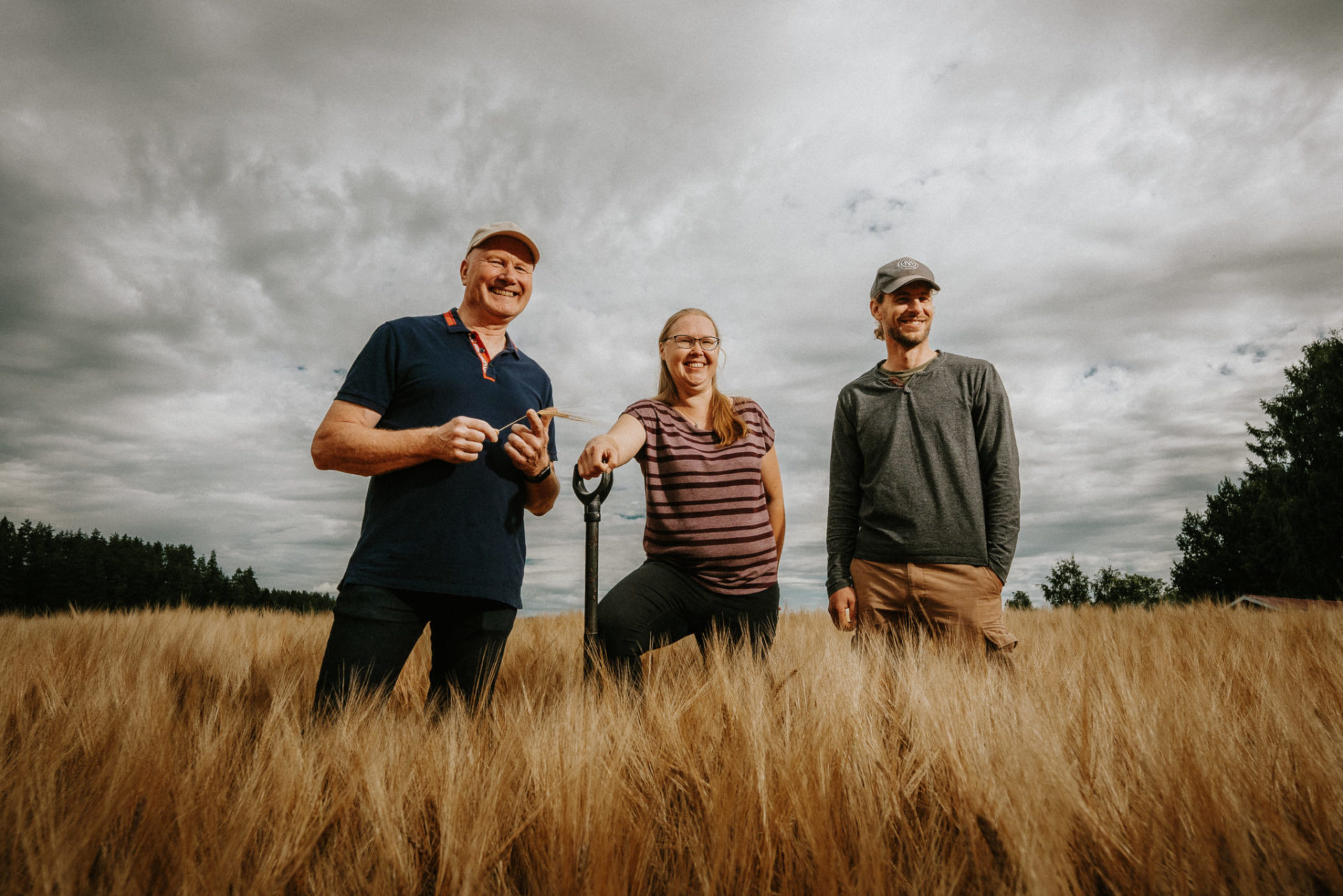Barley collaboration cuts the footprint of beer
Malted barley may be the backbone of many a good beer, but it is also responsible for a large share of the carbon emissions from international brands. At Carlsberg Group, an estimated 27 % of overall value chain emissions come directly from agricultural products.
Through partnerships with suppliers and experts, farmer collaborations and research into new barley varieties, the Danish brewery group is taking action to turn the situation around.
Partner farmers that deliver barley to Carlsberg companies in Denmark, Finland, France and the UK have kicked off by adopting new barley cultivation practices that prioritise soil health, supporting natural carbon capture, promoting biodiversity and regenerating the farmland.
In France, for example, 20% of the malt used to brew Kronenbourg 1664 Blonde beer is being sourced from farms using sustainable practices, with full traceability enabled by a new blockchain solution.
Scientists at the Carlsberg Research Laboratory are strengthening these efforts by using selective breeding to develop new barley types that reduce the energy and synthetic input requirements – and related carbon emissions – of the malting and brewing processes.
Early trials with a novel malting barley have demonstrated an up to 25% reduction in energy use during wort boiling. Carlsberg is today rolling out the variety to markets in Europe and aims to make it available to other brewing companies.
Novel malting barley uses 25% less energy during wort boiling
As part of a broader commitment to supporting the development of regenerative agriculture around the world, Carlsberg became a member of the cross-industry Sustainable Agriculture Initiative Platform in 2022.
If all goes to plan, 30% of Carlsberg’s global agricultural raw materials will be sustainably sourced and grown using regenerative practices by 2030, increasing to 100% in 2040.


